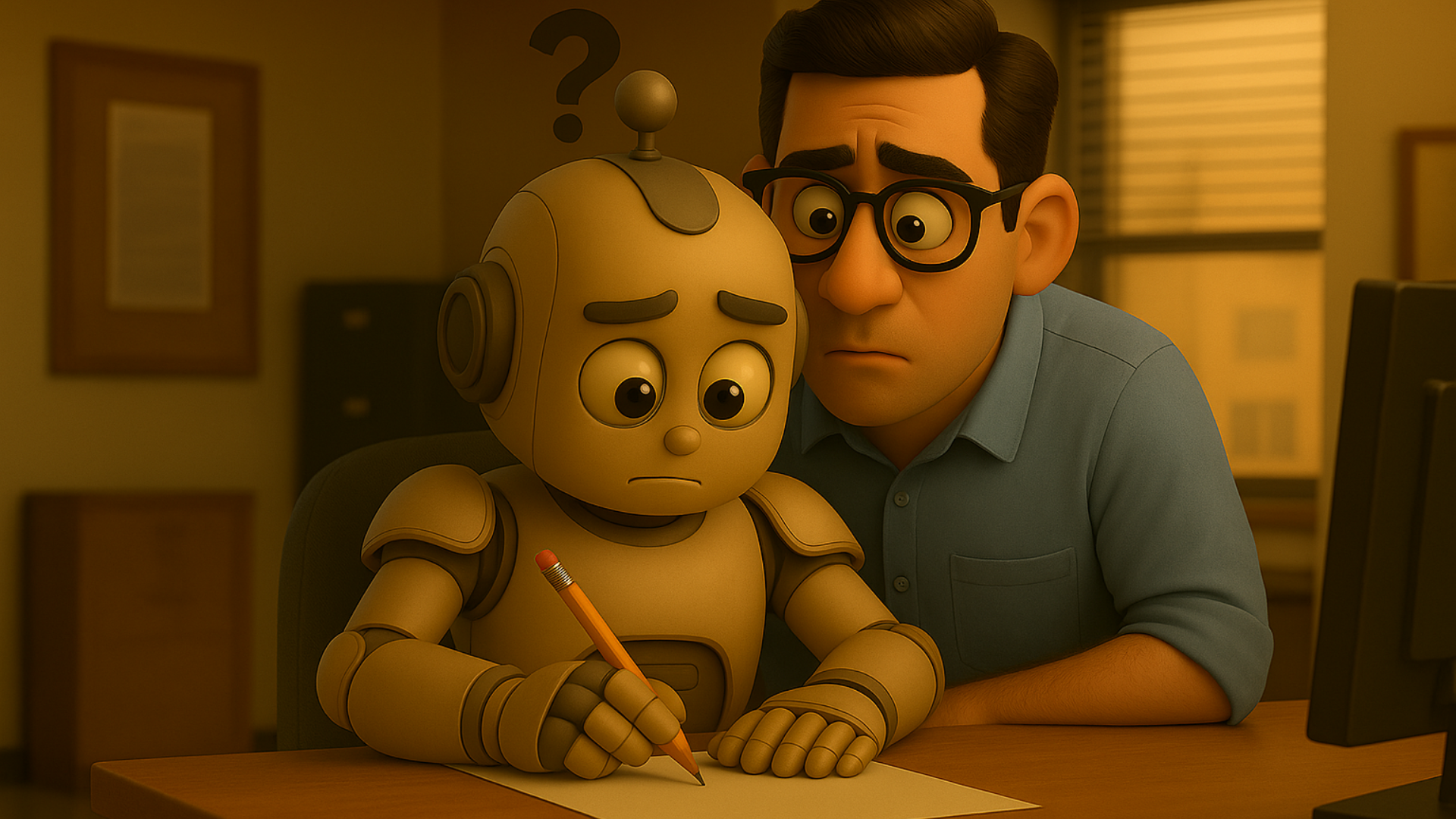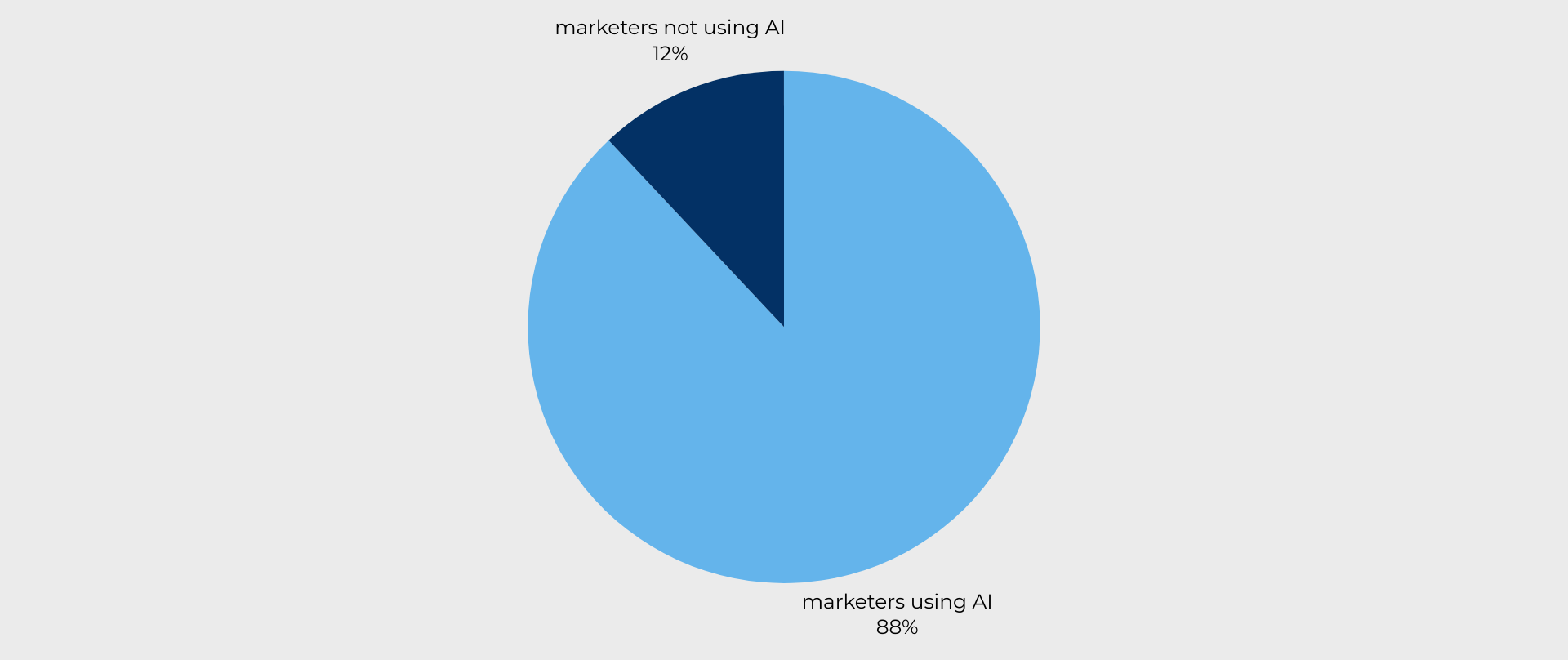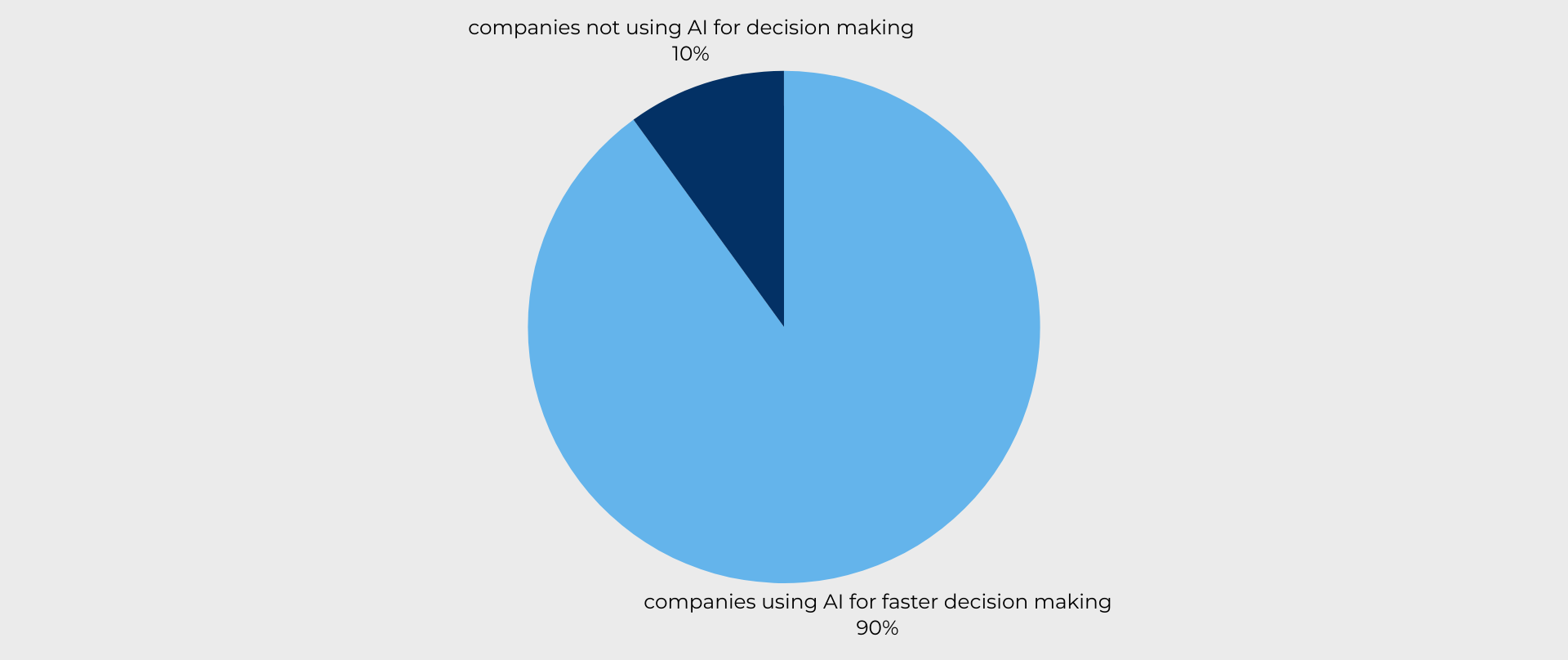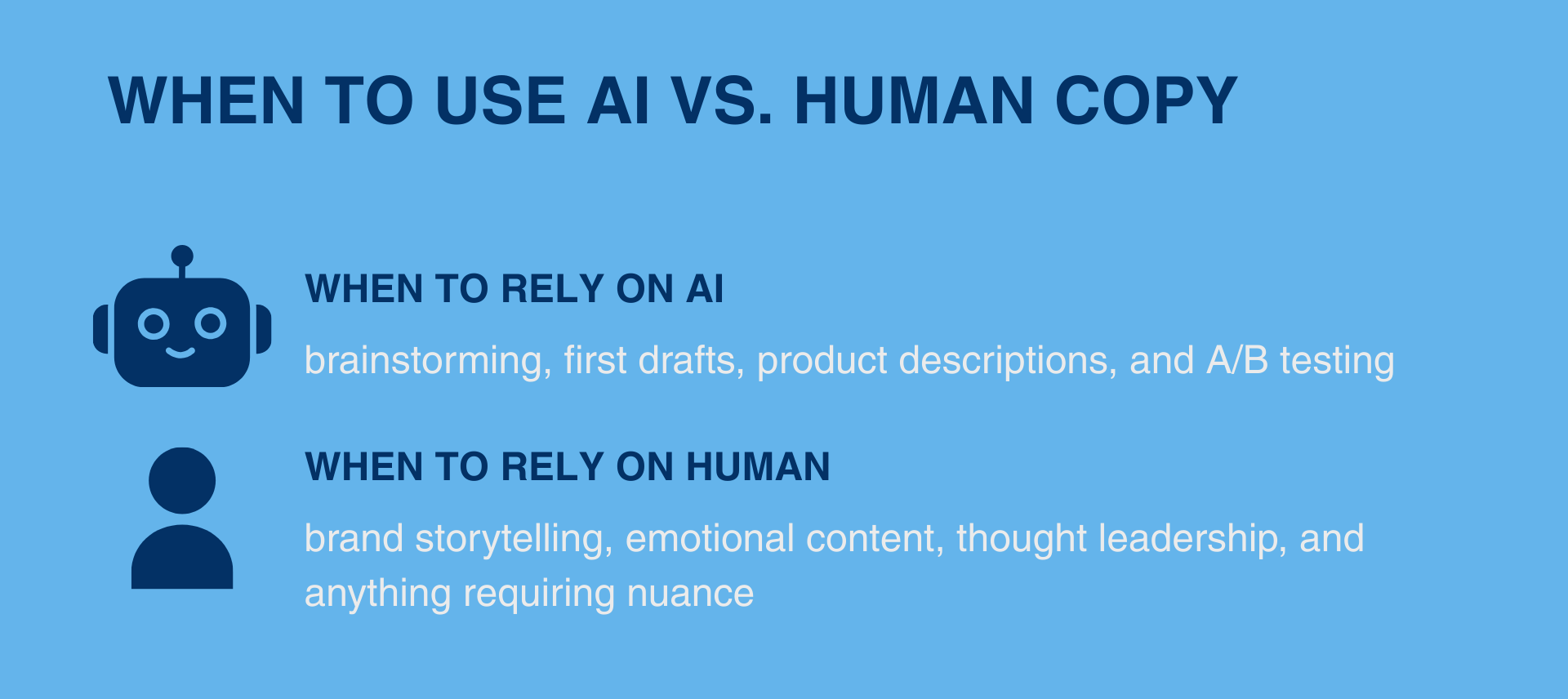Pros & Cons of AI-Generated Marketing Copy
For better or worse (I’ll let you determine), AI is everywhere.
From email subject lines to full blog posts, tools like ChatGPT and Jasper have made it possible to generate content in seconds.
But just because we can hit publish on AI-written copy, should we? And what’s the tradeoff between speed and quality?
This matters for every marketer and small business owner. If you’re not using AI yet, you’re at least thinking about it.
If you are using it, you’re probably wondering: Is this helping or hurting my brand?
In this post, we’ll break down the pros and cons of AI-generated marketing copy, using insights from research and real-world experience.
By the end, you’ll know when AI can be a superpower—and when to stick with human creativity.
What Is AI-Generated Marketing Copy?
AI-generated copy is content written by artificial intelligence tools trained on massive datasets of text. Think blog posts, ad copy, email subject lines, or even product descriptions written at the click of a button.
The promise: faster content at lower cost.
The risk: generic, inaccurate, or soulless messaging.
For context, AI is not inherently “creative.” It predicts patterns based on what it’s seen before.
That means it can mimic tone and style, but struggles with originality and emotion unless humans guide it. (Read more on Is AI Creative? Only If We Are.)
The Pros of AI-Generated Copy
Small businesses need to captilize on every opportunity available. And AI offers that: In fact, 75% of marketers believe AI helps them compete against larger firms.
As with any technology, there’s a good side and a not-so-good side. Let’s start with the good.
1. Speed and Efficiency
AI can produce in minutes what might take humans hours. According to eLearning Industry, businesses use AI to scale blog posts, social updates, and ads quickly, keeping up with high content demand.
According to SurveyMonkey research, 88% of marketers now rely on AI in their roles, with 93% using it to generate content faster.
Takeaway: If deadlines are tight or you need lots of drafts, AI is a huge time-saver.
2. Cost Savings
Hiring writers is expensive. AI tools cost a fraction of a freelancer or agency. Estes Media points out that AI allows lean teams to stretch budgets further, perfect for startups or small businesses.
According to Seo.com, 81% of marketers use AI to gain insights quickly, and 90% use it for faster decision-making.
Takeaway: AI lowers the barrier to entry for content creation.
3. Overcoming Writer’s Block
Sometimes staring at a blank page is the hardest part. AI can generate a first draft or idea list to get you moving. Many marketers use AI not to replace writing, but to jumpstart it.
4. Personalization at Scale
With the right data, AI can personalize messages for different audiences. Idea Marketing highlights this as a major strength. AI can tweak tone, insert customer names, or adapt messages for niches.
Pair this with customer personas for best results. (See our guide: What Are Marketing Personas: 7 Reasons You Need to Know.)
5. SEO Optimization
AI tools can generate keyword-rich copy quickly. Platforms like Jasper and Copy.ai often include SEO prompts to align content with search trends. Used carefully, this can help improve visibility.
The Cons of AI-Generated Copy
Now, let’s talk about the not-so-good side of AI-generated copy.
1. Lack of Originality
AI can only remix what’s already been written. That means your blog might sound like everyone else’s.
Our post on How Do People Really Feel About AI-Generated Content? shows that readers often notice when copy feels “too machine-like.”
2. Accuracy and Misinformation
AI sometimes “hallucinates” facts. Estes Media warns that publishing unchecked AI copy can spread false or misleading information. If you’re in finance, healthcare, or law, this risk is critical.
3. Weak Emotional Connection
AI lacks empathy. Authenticity: The Unmeasurable Marketing Factor explains why people connect with real stories, not just polished sentences.
AI can’t capture your brand’s lived experiences.
4. Brand Dilution
Generic AI copy makes your business blend in, not stand out. As we’ve covered in Your Brand Is Not Your Logo, your brand is more than words; it’s distinctiveness. AI risks making you sound like everyone else.
5. SEO Risks
AI content can trigger duplicate content issues or keyword stuffing. Questions from searchers include:
Does Google penalize AI content?
Is AI bad for SEO?
The short answer: Google doesn’t penalize AI just because it’s AI. But low-quality, unoriginal AI content won’t rank. According to Agency Media, it’s the quality that matters.
6. Ethical and Legal Issues
From copyright questions to plagiarism, AI creates gray areas. Bitcatcha highlights the challenge of ensuring originality. Always check AI outputs with plagiarism tools.
FAQ: What Marketers Want to Know
Q: What should be avoided when using AI-generated content?
Avoid publishing first drafts without edits.
Don’t use AI for sensitive industries without expert review.
Q: Can AI replace digital marketing teams?
No. AI supports but doesn’t replace strategic, creative thinking.
Q: Does AI-generated content affect SEO?
Yes. It can help or hurt depending on the quality. Use AI for drafts, but edit for depth and originality.
When to Use AI vs. Human Copy
No matter how you (or AI) spin it, a machine can’t always replicate human touch.
Use AI for: brainstorming, first drafts, product descriptions, and A/B testing.
Use humans for: brand storytelling, emotional content, thought leadership, and anything requiring nuance.
Think of AI as a junior assistant. It can help with the heavy lifting, but you wouldn’t let it run a campaign on its own.
The Future of AI Copywriting
AI isn’t going away. In fact, hybrid models—human + AI—are the future. The best marketers will be those who know when to lean on machines and when to trust human creativity.
Conclusion: Balance Is Everything
AI-generated marketing copy comes with real advantages: speed, cost, and personalization. But it also presents real risks: generic content, misinformation, and brand dilution.
The smartest move? Use AI strategically, not blindly. Let it save you time, but make sure your human touch keeps the copy true, creative, and compelling.
If you’re wondering how AI fits your content strategy, start small. Test it. Compare engagement.
And if you want help balancing efficiency with authenticity, let’s connect.




